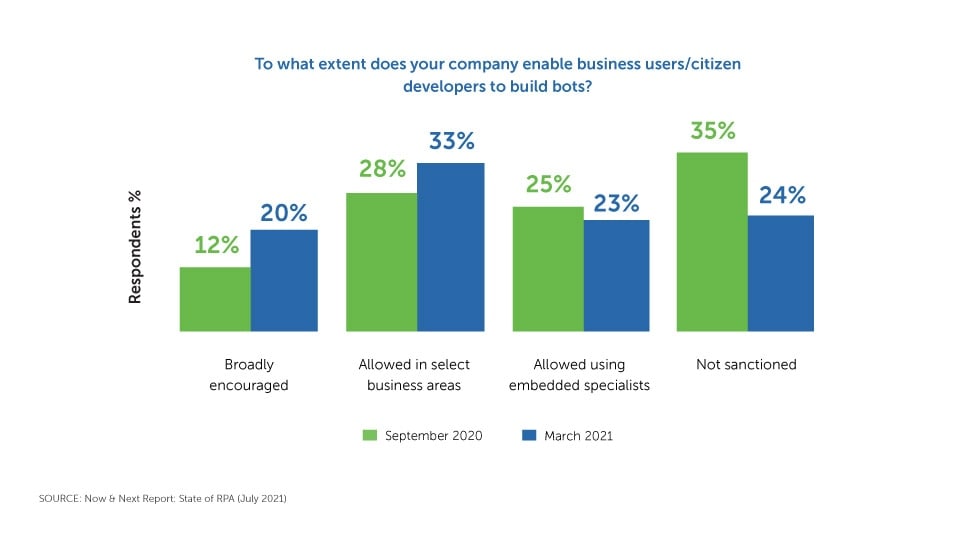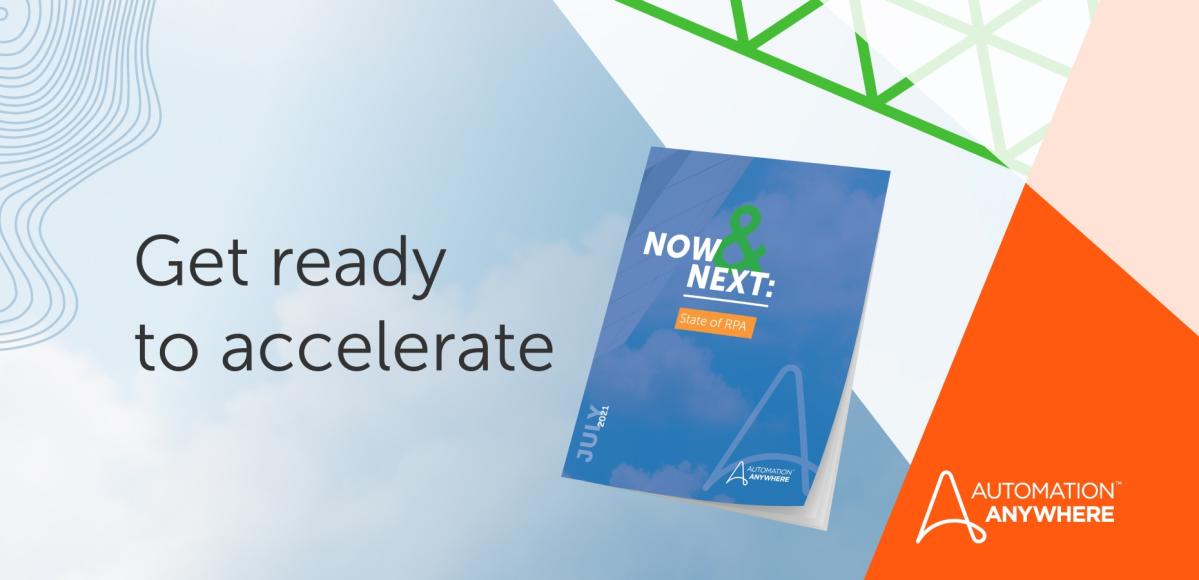- Login
- Search
- Contact Us
-
Have a question? Our team is here to help guide you on your automation journey.
-
Explore support plans designed to match your business requirements.
-
How can we help you?
-
- AI
AI Without the Hype From pilot to full deployment, our experts partner with you to ensure real, repeatable results. Get Started
- Automation Anywhere AI
-
- Solutions
Featured Agentic Solutions
Accounts Payable Invoice automation—No setup. No code. Just results. Accounts Payable
Customer Onboarding Scale KYC/AML workflows. Customer Onboarding
Customer Support Keep queues moving, even at peak load. Customer Support
Healthcare RCM Revenue cycle management that runs itself. Healthcare RCM
- Products
Platform Features
- Agentic process automation (APA)
- Robotic Process Automation (RPA)
- View all Products
-
- Resources
Get Community Edition: Start automating instantly with FREE access to full-featured automation with Cloud Community Edition.
Featured
 Named a 2025 Gartner® Magic Quadrant™ Leader for RPA.Recognized as a Leader for the Seventh Year in a Row Download report Download report
Named a 2025 Gartner® Magic Quadrant™ Leader for RPA.Recognized as a Leader for the Seventh Year in a Row Download report Download report- Become an Expert
- Developer Tools
- Get Support
- View all resources
-
- Partners
Find an Automation Anywhere Partner Explore our global network of trusted partners to support your Automation journey Find a Partner Find a Partner
- Find a Partner
- For Partners
-
Blog
Citizen Development—What Every Business User Should Know
You’ve been invited to become a citizen developer in your company. If you go online, you’ll find lots of articles about citizen development. In a nutshell, citizen developers are usually nontechnical employees such as business users or subject matter experts who learn how to build intelligent automation software bots to handle their workflows. Here’s why citizen development is a good thing for you.
It offers the opportunity to work with intelligent automation to accelerate and streamline those repetitive, mundane tasks you do every workday. You can save time and effort and be more productive, reduce the chance of errors, and focus more on higher-value work. And you won’t have to rely as much on your company’s busy IT group to create solutions for your job. In addition, having intelligent automation expertise provides career growth opportunities.
Benefits for your company
Citizen development can mean a large, previously untapped resource can be accessed to help with intelligent automation development and scaling to achieve digital transformation faster and more cost-effectively. The resource? Business users, subject-matter experts: you.
As mentioned in a previous blog article, citizen development can help solve an ongoing issue in terms of scaling. “In a July 2020 survey, McKinsey found more than one-third (35%) of businesses said they specifically need more developers skilled in automation. But where do these workers come from? IT talent is notoriously scarce, especially for emerging technologies.” And that brings us back to automating the everyday work processes that many IT groups don’t have the bandwidth to handle by turning to you and your fellow business users.
With your contribution, IT can focus on enterprise-wide issues and not on time-consuming tasks such as providing application development for every function and individual. That application development can also be accelerated. In a traditional setting, development requires an ongoing dialogue between business users and IT to arrive at a software solution that meets the users’ needs. The dialogue can be reduced when the business user is also the developer or designer, saving time and creating value for you and your business unit. After all, who better knows the process and systems to be automated and what is needed than the person who uses them?
Those are some of the benefits for you and your company, which have helped make citizen development a hot initiative across industries.
The growth of citizen developers
In our recent Now & Next: State of RPA report, companies are actively encouraging their business users to become citizen developers. According to the report, “Compared to six months ago, far more organizations either broadly encourage citizen developers or allow them to participate in select business areas (53% compared to 40%). Significantly fewer organizations disallow citizen development today, with the percentage dropping from 35% to 24% in the last six months.” 
So, what will it take for you to become a citizen developer?
How to automate
As with most things, one cannot become a citizen developer in a vacuum. Since you’ve been approached to become one, chances are your executives have bought into the idea of citizen development (a prerequisite), and there is a strategy in place to move forward. If the strategy is still in the formative stage, your thoughts can be valuable—citizen development and design require a cooperative, coordinated effort with everyone involved.
Ask about the strategy. Help identify areas/processes that are candidates for automation. You might suggest bringing together fellow business users to establish a process workshop, an innovation funnel for automation ideas.
Training
Yes, you’ll need training. But, depending on which automation platform your company employs, that doesn’t necessarily mean you need to be a tech genius or even have some previous technology/programming background to get up to speed. Today, low-code/no-code cloud automation platforms are becoming the platforms of choice with companies interested in digital transformation. If your company has one, you’re on the path to citizen development.
What is a low-code/no-code platforms? From another blog article, it is a platform with tools that “can help businesses in diverse industries simplify and accelerate development, increase agility, decrease related costs, and allow more people within an organization to develop their own bots with minimal or no IT assistance.”
Continuing from that article, “‘No code’ means you don’t need to use code to develop software… ‘Low code’ means minimal code may be required in certain circumstances. A user can still employ low-code technology without a technical background, but some parts of the development may call for a trained developer to step in, depending on the task.”
And that brings us to getting trained on the platform and developing automations. According to the Now & Next: State of RPA report, one of the most common accelerators of automation is acquiring additional automation expertise and skills.
Training is available in many places. Usually, the platform provider offers courses. For example, our company has Automation Anywhere University that provides more than 100 online classes, covering a wide variety of Robotic Process Automation (RPA) subjects, with more than 1.5M trainings completed. Included are two learning trails for citizen development: Citizen Developer Basics and Citizen Developer Practitioner.
Citizen Developer Basics is a four-hour eLearning experience that provides an introduction to intelligent automation (IA), helping participants identify use cases for automation and teaching how to build a basic bot using our web-based, cloud-native, low-code/no-code Robotic Process Automation (RPA) platform, (Automation 360™). Citizen Developer Practitioner expands on IA basics, totaling approximately 11 hours of eLearning and virtual instructor-led training (VILT). Participants are taught how to create and deploy bots that can automate business processes, improve productivity, and help scale a company’s journey.
Tools
Another essential for citizen development is easy-to-use-and-learn tools. All the training in the world will only take you so far in automating your workflows unless you have tools that can make the job faster and easier. What kind?
Beyond the foundation of a low-code/no-code platform, there are tools that can help with process discovery. For example, Process Discovery™ can automatically record your activities, aggregate and document processes, help analyze process variances to identify automation opportunities, and generate bot prototypes to automate them.
There are also tools to improve your productivity and accessibility across your enterprise. With Automation Co-Pilot™, a cloud-delivered digital assistant, you can scale automation by providing users easy access to intelligent automation across platforms, applications, and devices. It offers an intuitive web interface to access automations based on your department and role. And there are tools that can help you quickly and easily extract and analyze structured and unstructured information from documents such as Document Automation.
Find out what training and tools are available for you in your company.
Get ready to accelerate
From the Now & Next: State of RPA report, top-performing organizations across industries, those that have realized an average ROI of 380%, share an interest in investing more in automation learning over the next 12 months and moving employees to higher-value work, which can be accomplished with citizen development. They see the value of citizen developers to benefit their employees and business. Obviously, your company sees the value as well.
With company support, a defined strategy, training, and the right platform and integrated tools, you’ll be on your way to adding a new, valuable title to your job and resume and helping your company be or continue to be a top performer.
Learn More About Citizen Development.
About Catherine Calarco
Catherine Calarco, vice president of innovation evangelism at Automation Anywhere, has more than 20 years of global leadership in life sciences, digital medicine, and technology. She's known for driving significant B2C/B2B revenue growth and developing innovative, award-winning digital health
Subscribe via Email View All Posts LinkedInGet to know the Agentic Process Automation System.

For Students & Developers
Start automating instantly with FREE access to full-featured automation with Cloud Community Edition.



